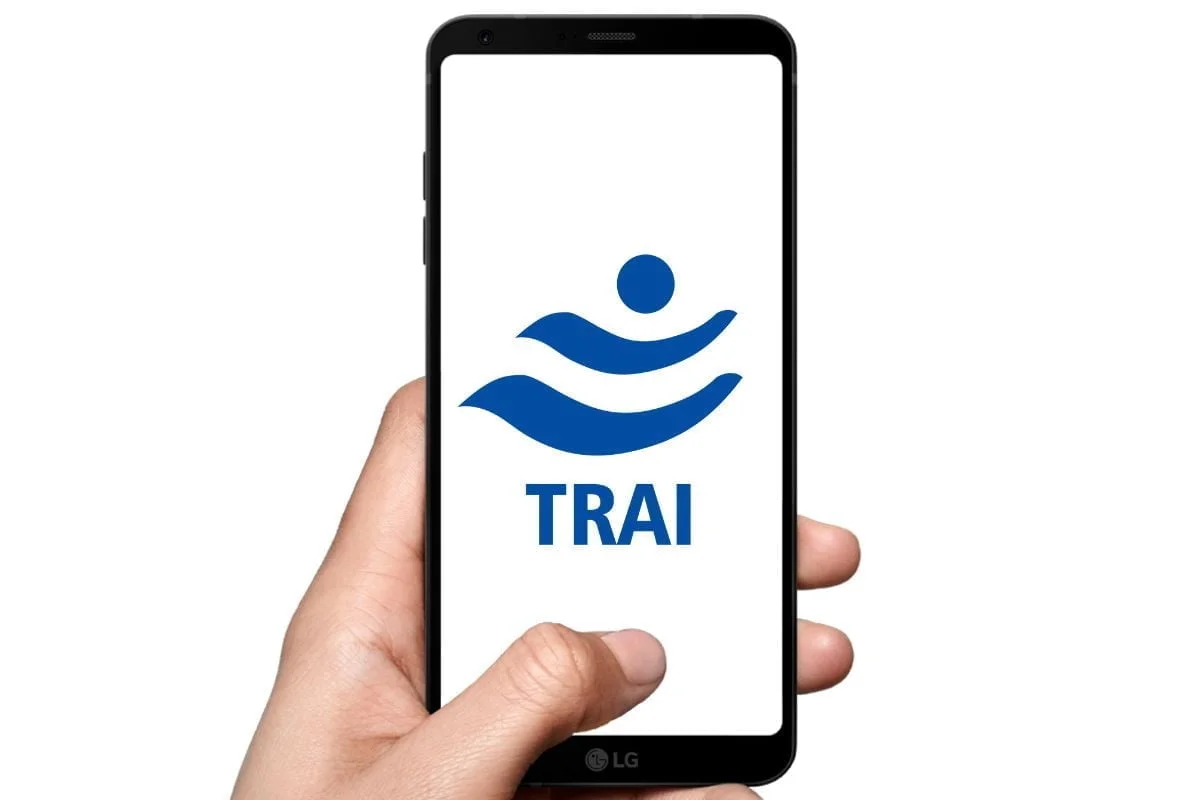
The Telecom Regulatory Authority of India (TRAI) has issued recommendations for a revamped telecommunication licensing regime under the Telecommunications Act of 2023. Through these recommendations, the Authority has recommended a new service authorisation framework, said the Ministry of Communications on Wednesday. The new framework aims to simplify processes, encourage competition, and boost the ease of doing business in the telecom sector.
The recommendations on the ‘Framework for Service Authorisations to be Granted Under the Telecommunications Act, 2023’ consist of four chapters, running over 350 pages. The terms and conditions to be included in the different Rules for different service authorisations have also been recommended. In total, there are 14 Rules for recommended service authorisations running into 440 pages, the ministry said.
Also Read: Over 1 Crore Fraudulent Mobile Connections Disconnected: Communications Ministry
The key highlights of the framework include:
New Authorisation Categories:
Three broad categories—Main, Auxiliary, and Captive service authorisations—will streamline licensing for various telecom services.
The main service authorisations cover all primary telecommunication services that are involved in the delivery of telecommunication services to the public at large such as Access Services, Internet services, Long Distance Services, Satellite based telecommunication services and M2M WAN services.
Unified Service Authorisation:
A single authorisation, called "Unified Service Authorisation," allows entities to offer a wide range of services, such as mobile, internet, satellite communications, and IoT, under one license on a pan-India basis.
Under the new authorisation framework, 'Unified Service Authorisation' has been introduced to achieve the objective of ‘One Nation - One Authorisation’ across services and service areas.
An entity holding Unified Service Authorisation can provide mobile service, internet service, broadband service, landline telephone service, long-distance service, satellite communication service, Machine to Machine (M2M) and IoT service etc. on a pan-India basis under a single authorisation.
Unified Service authorised entity will have complete flexibility for routing its domestic traffic, the government said. The use of Non-Terrestrial Network (NTN) has been permitted in the scope of Access Service.
It has been clarified that the provision of emergency SOS messaging services via satellite is covered under the scope of the extant GMPCS service authorisation as well as in the Satellite-based Telecommunications Service authorisation under the new framework.
Also Read: DoT Simplifies Telecom Licensing with New Approval Timelines
Lower Entry Fees:
The entry fees for telecom licenses have been significantly reduced, especially for small and medium enterprises. For instance, entry fees for Access Service Authorisation for each telecom circle/metro area have been halved to Rs 50 lakh and Rs 25 lakh for Jammu and Kashmir and North East each.
Simplified Processes:
TRAI recommended merging financial and performance bank guarantees, replacing affidavits with self-certifications, and adopting electronic bank guarantees to ease compliance.
Also Read: TRAI Enforces New Anti-Spam Regulations: Telecom Firms to Disconnect Offenders
These measures are expected to open up the telecom market, drive new investments, and promote innovation while reducing financial and administrative burdens on service providers. The full recommendations are available on TRAI’s website.















